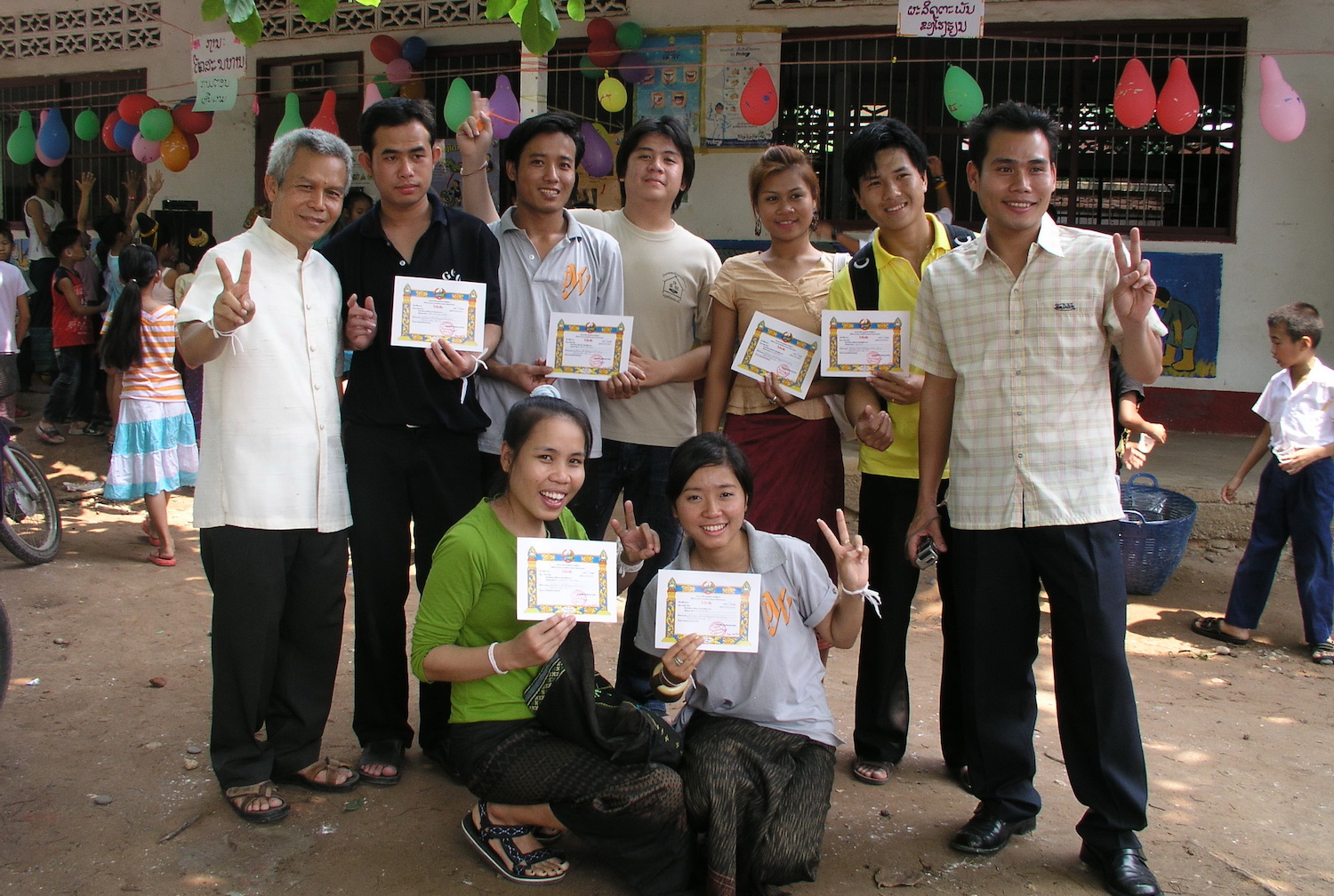 An economy is often defined as “the wealth and resources of a country or region”. Few would contest that the greatest wealth and most fundamental resource for humanity is the earth on which we live; yet most do not see our environment as an economy in itself. Conversely, nearly all contemporary economic and development models see the natural economy as a resource to be exploited (or at best managed) to serve the needs of the monetized economy.
An economy is often defined as “the wealth and resources of a country or region”. Few would contest that the greatest wealth and most fundamental resource for humanity is the earth on which we live; yet most do not see our environment as an economy in itself. Conversely, nearly all contemporary economic and development models see the natural economy as a resource to be exploited (or at best managed) to serve the needs of the monetized economy.
While this perspective is certainly predominant, it is neither intrinsic nor universal. It is also increasingly proving to be unsustainable.
Focus on the Global South and The Sombath Initiative, in cooperation with the Heinrich-Böll-Stiftung, held the Sombath Symposium on February 15-17, 2016, to present and discuss knowledge and practice drawn from different cultures and traditions that can serve as an alternative foundation to the predominant growth-driven development model.
This publication, “Humanity and Nature: Traditional, Cultural and Alternative Perspectives”, compiles essays discussing these perspectives, as well as syntheses of the different parts of the symposium. The Sombath Initiative and Focus on the Global South hope that this publication will serve as resource material, as well as a guide document for the ongoing and future work on alternative perspectives on humanity’s relationship with nature.
A short video of the symposium and videos of each presentation are available to view at The Sombath Initiative YouTube channel.
For more information about The Sombath Initiative and Sombath Somphone, please visit www.sombath.org



 In 2016 it will be 20 years since the Government of Laos (GoL) first announced its goal to graduate from Least Developed Country (LDC) status by 2020.1 During this time, much has changed. With the exception of a few years following the 1997 Asian financial crisis, economic growth has remained strong and in 2011 the World Bank raised Laos’ income categorization from a low-income economy to a lower-middle income economy.2 Foreign Direct Investment has also growing rapidly and strong progress has been made on a number of the country’s Millennium Development Goal (MDG) targets. This has led the UNDP to categorize Laos as the 6th most successful country for improved human development over the past 40 years.3
In 2016 it will be 20 years since the Government of Laos (GoL) first announced its goal to graduate from Least Developed Country (LDC) status by 2020.1 During this time, much has changed. With the exception of a few years following the 1997 Asian financial crisis, economic growth has remained strong and in 2011 the World Bank raised Laos’ income categorization from a low-income economy to a lower-middle income economy.2 Foreign Direct Investment has also growing rapidly and strong progress has been made on a number of the country’s Millennium Development Goal (MDG) targets. This has led the UNDP to categorize Laos as the 6th most successful country for improved human development over the past 40 years.3 The Sombath Initiative is sponsoring a writing contest about issues in Laos. Any age or nationality can enter, but Lao youth are especially encouraged to apply.
The Sombath Initiative is sponsoring a writing contest about issues in Laos. Any age or nationality can enter, but Lao youth are especially encouraged to apply.


